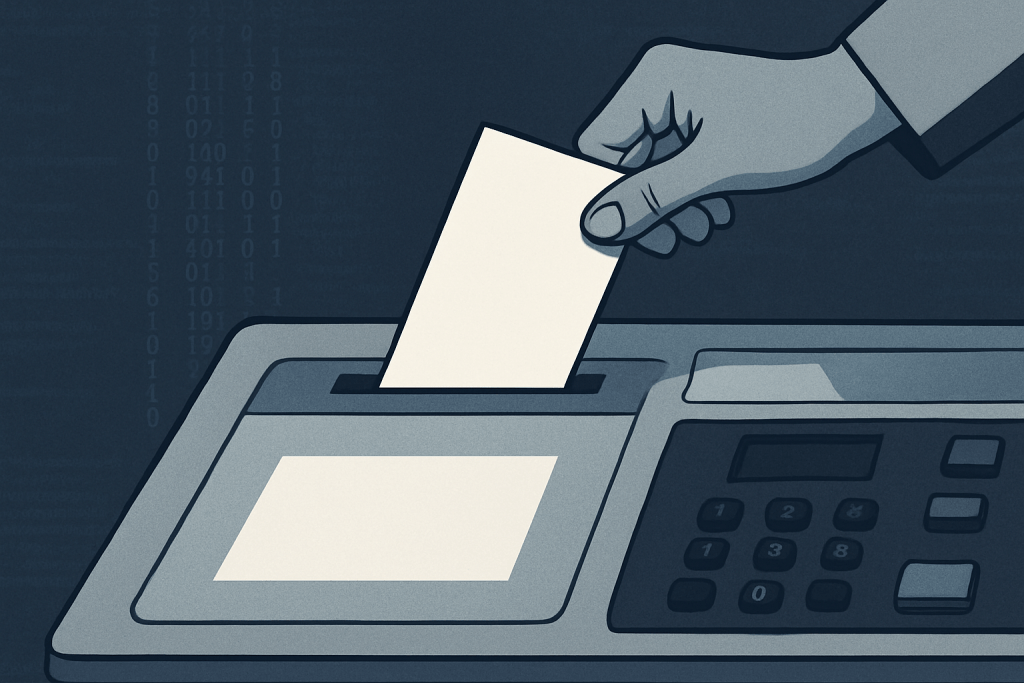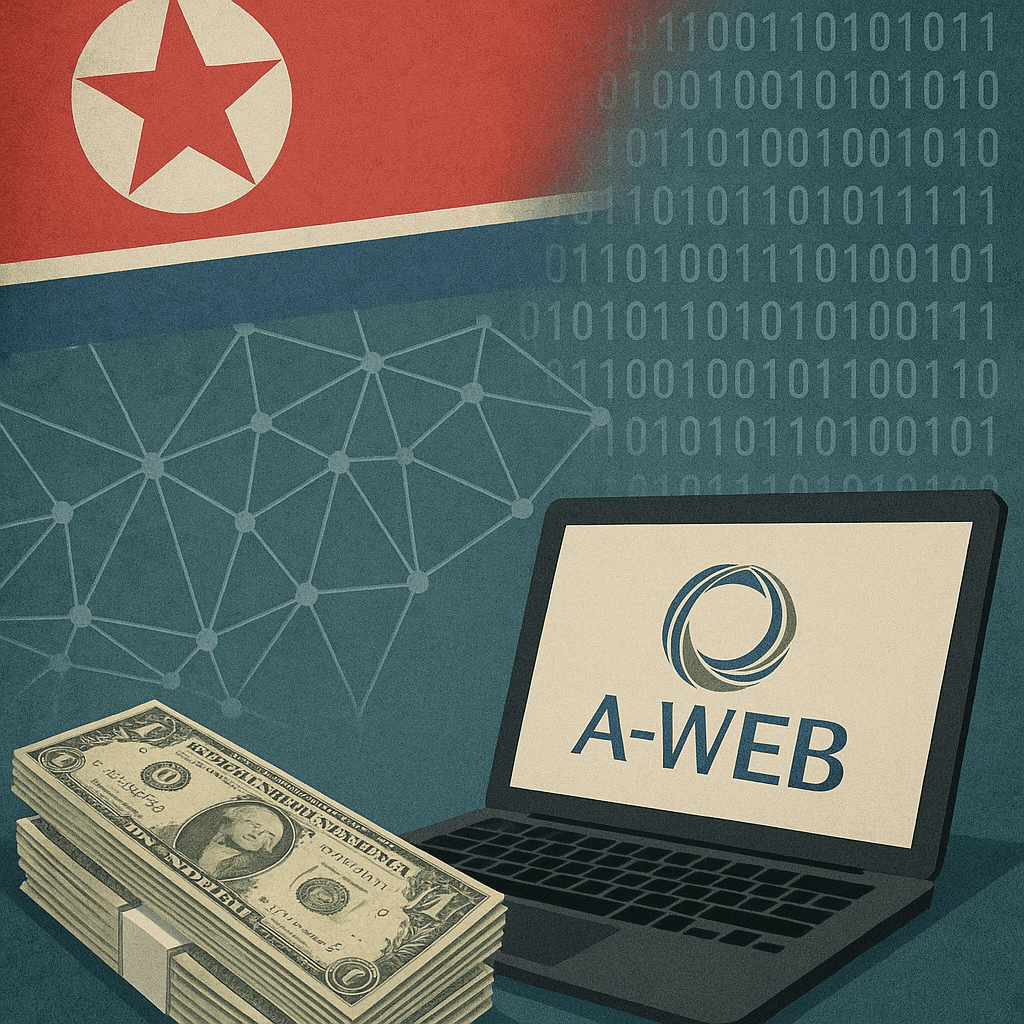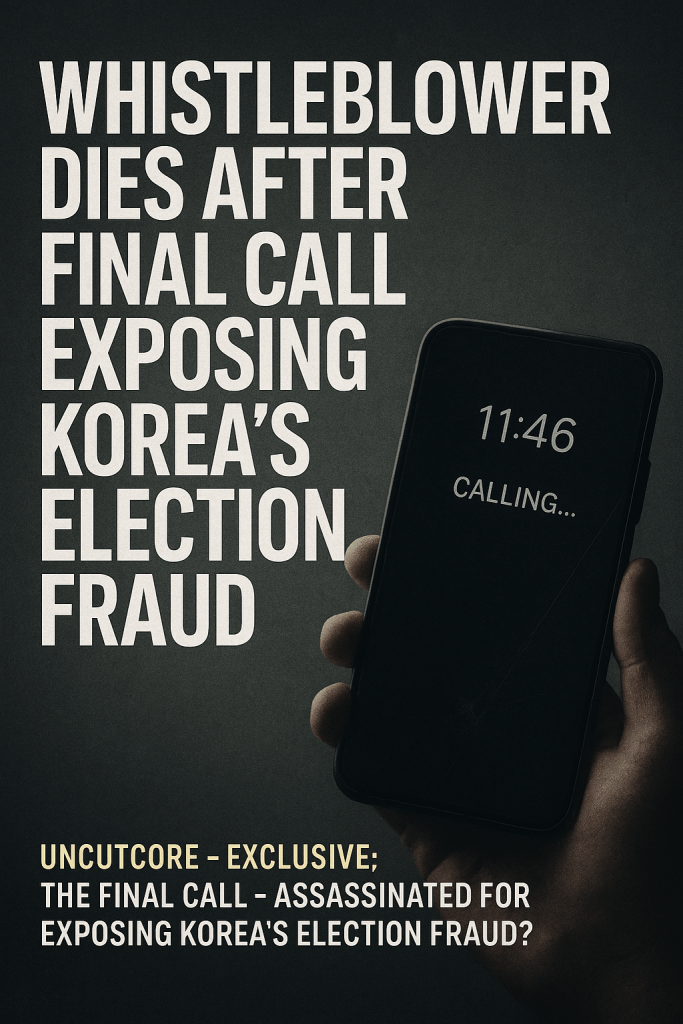The Architects of Control – Part 2
How South Korea’s A-WEB and USAID Shaped the Brazilian Election Fraud Machine

“You don’t need to stuff the ballot boxes anymore. You just need to control the system that counts them.”
In 2022, millions of Brazilians took to the streets, not to celebrate democracy, but to mourn its funeral.
The official results declared Lula the victor, yet the nation screamed fraud.
But behind the smoke of protests and media spin, something far more coordinated was at play.
The fingerprints were not Brazilian.
They were Korean.
What is A-WEB and Why Does It Matter?

The Association of World Election Bodies (A-WEB) is an organization based in South Korea.
On paper, it’s a non-partisan NGO that promotes free and fair elections around the world.
But a deeper look reveals otherwise.
A-WEB’s funding sources?
Heavily tied to Korean government agencies and USAID — an American soft-power extension used in global influence campaigns.
In 2019, A-WEB and USAID jointly supported the expansion of electronic voting infrastructure in Brazil.
By 2022, those systems were fully operational.
Publicly advertised as “transparent and efficient,” they were black-boxes in reality —
machines that record votes, count them, and most dangerously, transmit them unverified.
How It All Connects
- Electronic Voting Systems in Brazil share development lineage with South Korea.
- A-WEB trained Brazilian officials, promoted touchscreen voting, and ran election simulation programs funded by USAID.
- On October 30, 2022, strange irregularities occurred:
- Votes from Bolsonaro-strong regions were delayed.
- Network blackouts hit rural areas.
- TSE (Brazil’s election authority) cited “technical updates.”
But then came the smoking gun.
Servers in Seoul were found to have received “election-related pings” during the counting phase.
This wasn’t internet traffic from journalists.
It was encrypted data moving out of Brazil.
Death of a Whistleblower?
Weeks after the election, a Korean legal advisor, part of A-WEB’s South America program,
was found dead in a Seoul apartment.
The cause: carbon monoxide poisoning.
The official report: suicide.
But internal messages leaked online suggested otherwise.
He had confided to a friend:
“They told me if I release anything, it would be the end — not just of my job.”
A month later, the messages vanished.
The friend?
Unreachable.
🕸️ The Bigger Picture
- USAID funds A-WEB.
- A-WEB builds election tech overseas.
- The data flows through Korean servers.
- Elections happen.
- Winners emerge.
- The public believes they’ve chosen.
But have they?
What if democracy is no longer about ballots, but about backend access?
Warning Signs for Other Nations
This isn’t just a Brazil-Korea story.
Similar patterns have emerged in:
- Philippines (2022)
- Nigeria (2023)
- Mexico (planned in 2025)
The blueprint is global.
And A-WEB is the architect.
Read Carefully, Then Ask Yourself:
“Who counts the votes?”
Because that’s who rules the world.
🧩 Missed Part 1?
👉 Read how it all began – The Appointed Deadman (Part 1)
📌 Part 3 – “The Erasure Protocol” – Coming Soon

